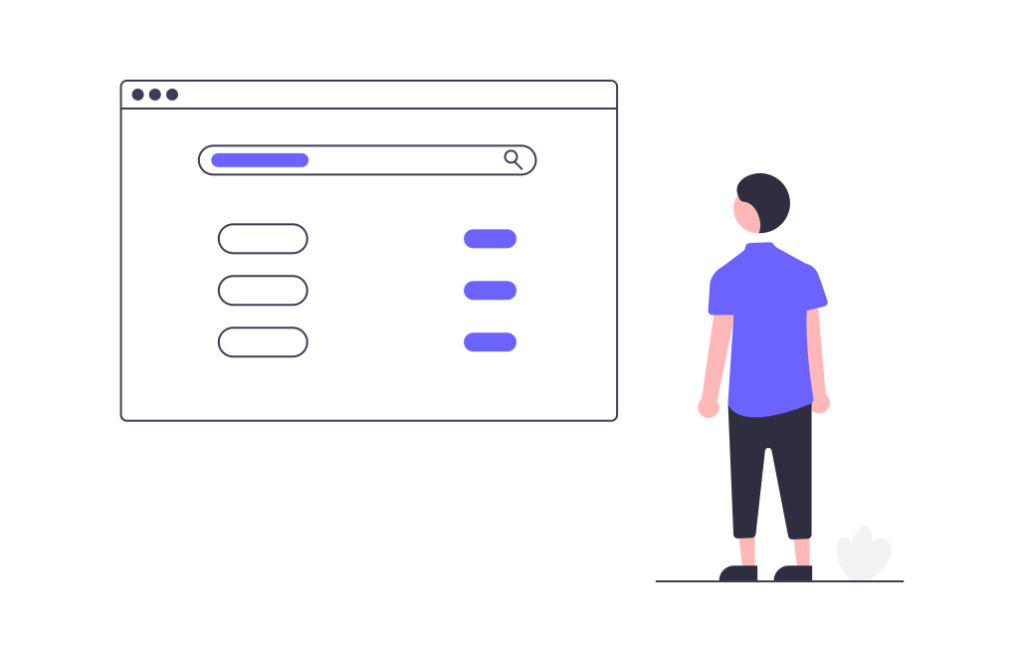Introduction
Search Engine Optimisation (SEO) can seem like a daunting term for beginners, but it’s a crucial aspect of building a successful online presence. Whether you have a personal blog, an e-commerce site, or a business webpage, understanding the basics of SEO can significantly impact your online visibility and growth. This guide will introduce you to the fundamentals of SEO, its benefits, and how you can start optimising your website.
What is SEO?
SEO stands for Search Engine Optimisation. It refers to the practice of improving your website’s visibility on search engines like Google. The better optimised your site is, the higher it will rank in search engine results pages (SERPs). Higher rankings lead to more traffic to your website, which can result in increased engagement, conversions, and sales.
Key aspects of SEO include:
- Keyword Research: Identifying the terms and phrases that potential visitors use to find content related to your site.
- On-Page SEO: Optimising individual pages on your website, including content, HTML source code, and meta tags.
- Off-Page SEO: Building backlinks from other reputable websites to improve your site’s authority and reputation.
- Technical SEO: Ensuring your website is technically sound, with fast loading speeds, mobile optimisation, and a secure HTTPS connection.
Why is SEO Important?
Understanding and implementing SEO is crucial for several reasons:
- Increased Visibility and Traffic: SEO helps your website appear higher in search results, leading to more organic (unpaid) traffic.
- Credibility and Trust: Websites that rank higher are often perceived as more credible and trustworthy by users.
- Better User Experience: SEO practices improve the overall user experience, making your site more navigable and user-friendly.
- Cost-Effective Marketing: Unlike paid advertising, organic SEO can provide long-term benefits without ongoing costs.
How to Start with SEO
Getting started with SEO doesn’t require expert knowledge, but it does require a systematic approach:
- Keyword Research: Use tools like Google Keyword Planner or Ahrefs to find relevant keywords for your content. Focus on long-tail keywords (phrases with 3-4 words) that have lower competition but higher intent.
- Optimise On-Page Elements: Ensure your titles, meta descriptions, headers, and content include your target keywords naturally. Avoid keyword stuffing.
- Create High-Quality Content: Content is king in SEO. Regularly publish informative, engaging, and relevant content that provides value to your audience.
- Build Backlinks: Reach out to other websites for guest blogging opportunities or partnerships to build high-quality backlinks.
Measuring SEO Success
It’s essential to track your SEO efforts to understand what’s working and what needs improvement. Key metrics to monitor include:
- Organic Traffic: The number of visitors coming to your site from search engines.
- Keyword Rankings: How your site ranks for your target keywords over time.
- Bounce Rate: The percentage of visitors who leave your site after viewing only one page.
- Conversion Rate: The percentage of visitors who complete a desired action, such as filling out a form or making a purchase.
Tools like Google Analytics, Google Search Console, and SEMrush can help you track and analyse these metrics.

Conclusion
SEO is a vital component of digital marketing that can help you increase your online visibility, attract more visitors, and grow your business. By understanding the basics of SEO and implementing the strategies outlined in this guide, you can start improving your website’s performance and achieving your online goals. Remember, SEO is a long-term investment, and consistency is key to seeing significant results. Happy optimising!


